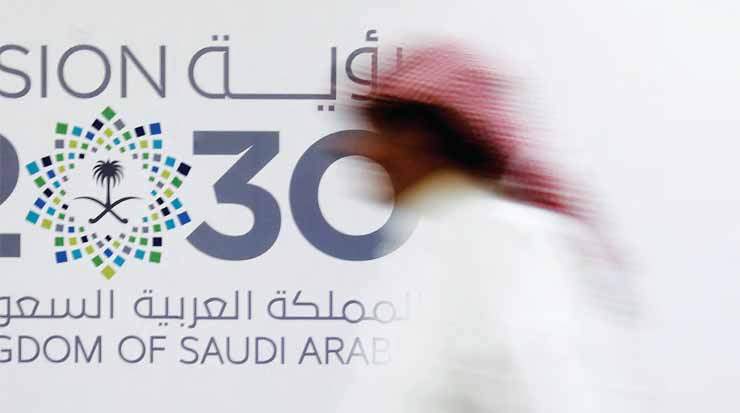Saudi Arabia's future economic direction has been clearly defined in its strategic plan, Vision 2030, which underlines the Kingdom' redirection from oil reliance, towards a more diversified and private-sector led economic model, creating opportunities for alternative contributors to the country's prosperity.
As stated in the plan, the target is to increase non-oil government revenue from SAR163 billion (USD43.47 billion) to SAR1 trillion (USD267 billion).
In line with the vision, an emphasis has been placed on the travel and tourism sector and its role in boosting the economy.
According to the latest data from the World Travel & Tourism Council (WTTC), the sector is expected to contribute more than USD81 billion to the country's GDP by 2026.
The Kingdom's decision to focus on the travel and tourism industry was recognised and commended by WTTC in May 2016, shortly after the vision had been unveiled.
David Scowsill, president, WTTC, pointed out, "WTTC has been emphasising the importance of travel and tourism as an alternative income stream to oil exporting countries.
Our sector is very resilient and a great economic and social stimulator for a country's economy […]."
According to WTTC, in 2015, Saudi Arabia ranked 24th in the world in terms of the absolute size of its travel and tourism sector.
With the new strategic reforms elevating the industry's potential even higher, the country's global position is expected to increase in the future.
Mohammed Al Amin, marketing manager, Makkah Marriott Jabal Omar, confirmed, "There is a big effort mounted by the government for the success of Vision 2030, including the rationalisation of resources and the development of competencies".
RISE OF RELIGIOUS TOURISM
The Kingdom's industry has been predominantly defined by religious tourism, with the holy cities of Mecca and Medina attracting millions of pilgrims every year.
In order to strengthen the segment and to drive other tourism activities, Vision 2030 tourism strategy involves plans to expand the country as a tourist hub, increase investment in coastal areas, as well as to develop resort-style facilities, create new attractions through museums and historical sites, along with adopting flexible visa policies.
Ziyad Bin Mahfouz, CEO, Elaf Group, expressed that the Kingdom's diversification efforts expect to push religious tourism, and encourage the toursegment's continuing growth with a goal to attract more than 15 million visitors by 2020.
Shankar Sivanander, complex marketing director, Aloft Riyadh, Aloft Dhahran also pointed out, "The industry is seeing a lot of focus on increased religious travels with not only new projects or infrastructure planned in Mecca and Medina, but also a ripple effect on nearby cities which religious travellers will visit."
The Kingdom's attempts to accommodate more pilgrims include projects to update and expand the holy cities' transport networks, lodging facilities and utilities systems, many of which have already been put into effect.
For example, as mentioned by Al Amin, the expansion of the Great Mosque of Mecca and construction of Haramain train station, Mecca-Medina high speed railway project, among others, all indicate the government' s swift actions towards the set targets.









